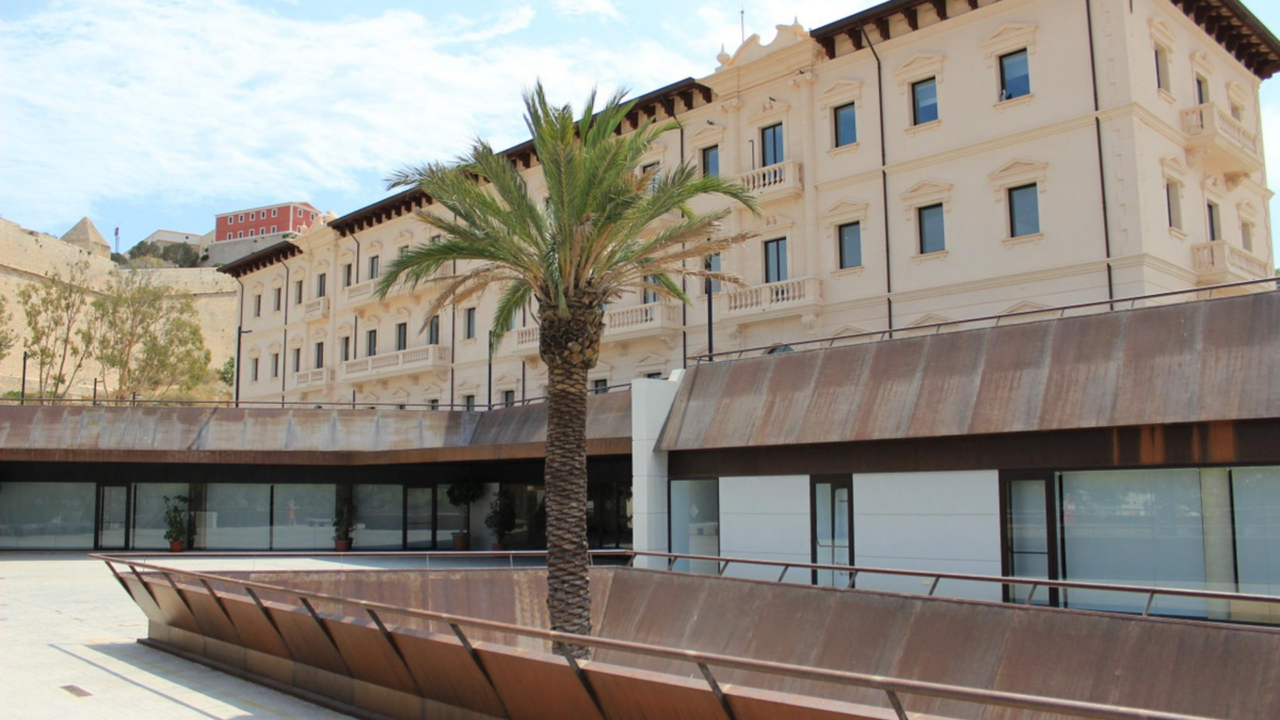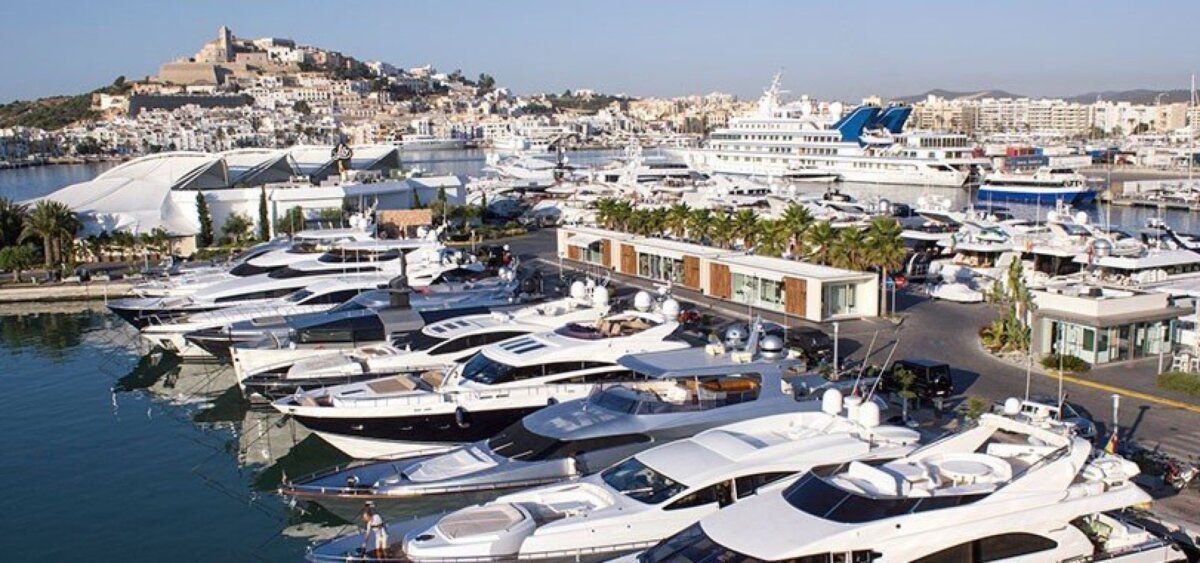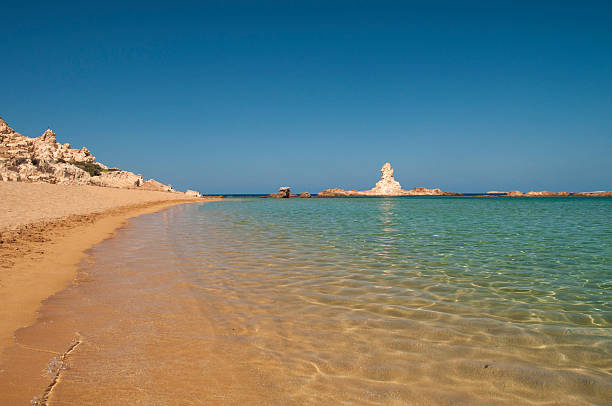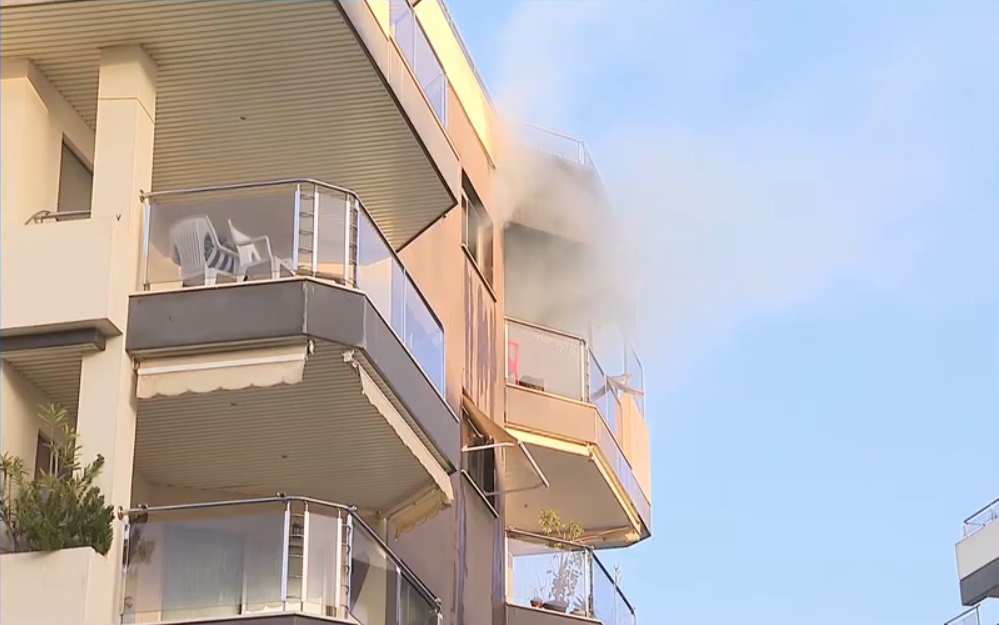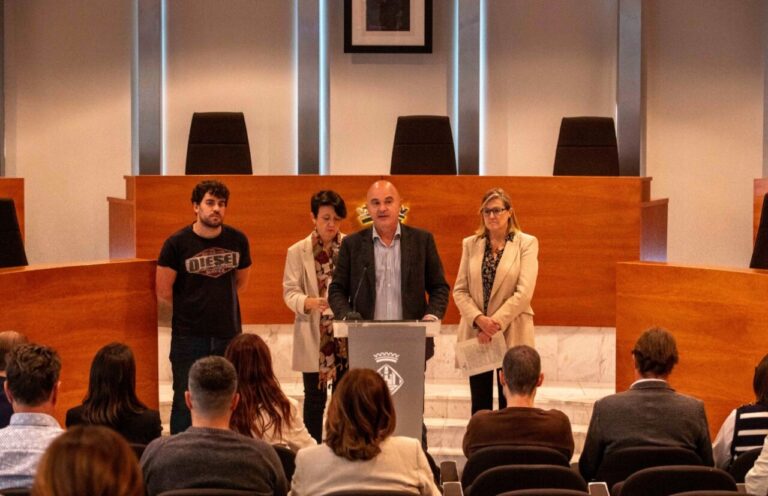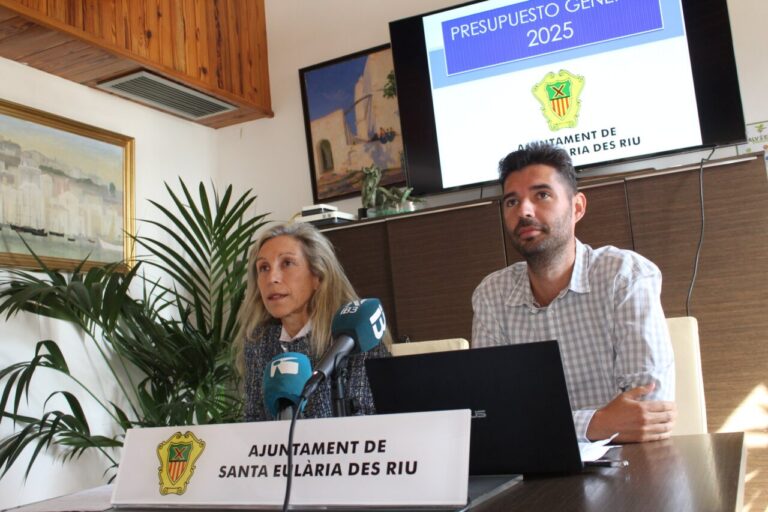The University of the Balearic Islands (UIB) has given its approval to the budget for 2025, which amounts to just over 202 million euros, 17.5 percent higher than the 2024 accounts.
The university center has explained that this growth will allow“strengthening the strategic lines of action in educational quality, research and knowledge transfer“, in addition to “progress inenergy efficiency and implementation of sustainable technologies“, with the goal of becoming a CO2 neutral campus in 2026. Most of the UIB budget is of a finalist nature, with the objectives of fully covering staff costs, increasing the number of UIB investments and financing multi-year commitments for undergraduate studies, among other issues. The rest of the UIB’s income comes from public prices and finalist investments, such as research projects obtained by competitive means. As for expenses, these are presented in three large blocks, divided into chapter 1-personnel-, which represents 53.4% of the total budget, which “allows to improve and consolidate the teaching and research staff and technical staff, management and administration and services. Chapter 6-investments-, which has experienced an increase of more than 16.6 million euros, and Chapter 2 -current expenses and maintenance of the campus-, represent the other two major items.
Investments to move towards climate neutrality
The UIB has indicated that the investments reflect the university’s desire to “promote wide-ranging strategic projects”, especially in the areas of sustainability, research and infrastructure improvement. The resources allocated to this chapter come largely from European funds, such as Next Generation, which finance investments aimed at energy self-sufficiency. These actions include the installation of photovoltaic systems, improvements in the thermal insulation of buildings, optimization of air conditioning and lighting systems, among others. These measures, in addition to helping to reduce environmental impact, enable the university to move towards climate neutrality. In terms of infrastructure, key actions will continue in 2025, such as the third phase of work on the Mateu Orfila i Rotger buildings and the scientific-technical services and university research institutes, the maintenance of the Balearic Complex for Research, Technological Development and Innovation, and the fourth year of funding for the refurbishment of the Mateu Orfila i Rotger and Ramon Llull (Pirep) buildings. “These investments contribute to reducing the environmental impact of the UIB and will also represent significant savings in the operating costs of the university to consolidate it as a benchmark in sustainability and energy efficiency,” they have argued.

